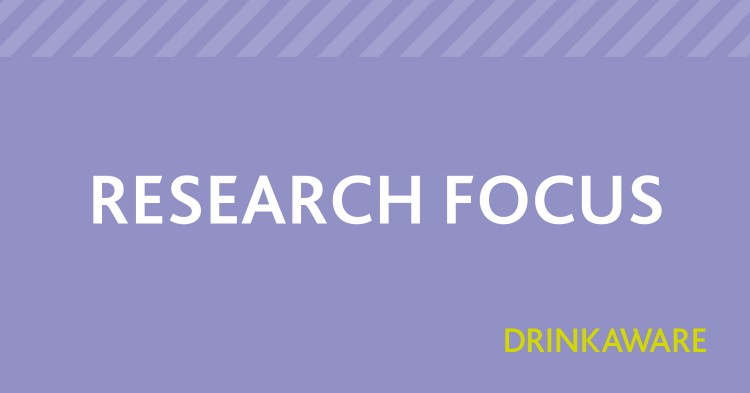The final blog in this series will discuss some of the areas of research that are causing increased levels of low mental wellbeing, stress and tension in the household. These themes are outlined in the 10th and latest Report in the “Growing Up in Ireland” Series and a report from the ESRI, “Disrupted Transitions? Young Adults and the Covid-19 Pandemic”. Due to limitations, this blog will briefly discuss only a few areas: housing, employment, and education.
Housing:
Many young adults have been forced to moved back in with their parents/family members due to the impact of COVID-19, school and university closures and/or job loss. Others that lived at home prior to COVID-19 now find themselves ‘stuck at home’ 24/7. For instance, a majority of 22-year-olds (72%) lived with their parents at the time of The Growing up in Ireland COVID-19 Special Survey in December 2020, and over 20% had returned to the parental home during the pandemic.
A working paper regarding the initial impacts of the COVID-19 Pandemic on Ireland’s Labour Market estimated that 44% of households working in the economic sectors most severely affected by the pandemic were renters. Regarding age, a paper by the ESRI regarding affordability in the Irish Private Rental Market noted that most adults living in the studies sample of non-supported private rental households are young adults.
Barra Roantree in a paper discussing job losses during the pandemic illustrates that younger people have been disproportionately affected by job losses resulting from the COVID-19 pandemic. It also correlates that those who lost their job are more likely to be younger, therefore are more likely to have suffered a drop in income.
The paper by the ESRI regarding affordability in the Irish Private Rental Market highlights that 15% of workers living in private rental households are employed in the accommodation and food sectors. These are sectors that mostly halted and have not yet fully recovered.
Employment:
A study by the OECD highlighted that low-paid and temporary jobs in employment sectors have been worst hit by the COVID-19 crisis (hotels, gig industry, restaurants). Compounding this, young adults are also more likely to fall into poverty due to job loss or a drop-in income, due to a lack of savings to fall back on.
A report from Eurofound noted that certain sectors of the economy e.g., events and arts industry have been completely devasted with the pandemic, with individuals out of work for over a year. Hospitality and leisure sectors were disproportionately affected by COVID-lockdown measures and related job losses. These sectors also employ a considerable proportion of young people.
The ESRI also noted that the dramatic shifts in employment impacted young adults more severely than all other age groups. With sectors such as retail, hospitality, and the arts industry over-represented by young adults and taking the brunt of the economic shock since the outset of the pandemic.
Irish research found that nearly half of 22-year-olds (46%) reported losing their jobs or being temporarily laid off because of the pandemic. Across the EU, a report stressed that young people had experienced the sharpest decline in employment.
The sudden and dramatic economic disruptions bear a strong influence on the mental health of young adults. Research shows that a loss in income being one of the strongest predictors of suffering from generalised anxiety disorder or depression during the pandemic.
Education:
The previous blog in this series briefly discusses the impact on education. There was a statistically significant relationship identified between students’ mental well-being and their perceived calculated grades.
Half of the sample of a study which was made up of students who were consumed by uncertainties regarding their future and educational perspectives. The study noted that distanced education and examinations may have increased their level of uncertainty and stress, either because of new teaching and assessment modalities or because distanced supervision, communication and monitoring by teachers may have not been sufficiently clear, structured, and reassuring.
Educational settings provide an important community for young people, as well as structure for their everyday lives. The OECD has noted that while higher education institutions replaced face-to-face lectures with online learning, they struggled with insufficient experience and time to develop new forms of instructional delivery and assessment. Examinations were affected, resulting in disruptions to learning and progression. Student wellbeing declined. These declines were exacerbated by increases in financial difficulties due to widespread loss of term-time employment.
Evidence from a study in the UK indicates university students are worried about their coursework, the health of themselves and their peers, loneliness, compromised motivation, disturbed sleep as well as symptoms of depression and anxiety.
Finally, if we were to also view this from a utilitarian perspective, the immediate effects of the ongoing disruption to education are numerous. The OECD has estimated that a lost year of education can translate into the equivalent loss of between 7% and 10% of lifetime income, and the closure of schools and universities carries with it a loss in the development of human capital. This could have serious long-term socioeconomic implications.
To conclude this series of blogs, the purpose of this series was to gain a deeper understanding of the lived experiences of young adults during the times of restriction that were associated with COVID-19. Another aim of this blog series was to discuss young adults and drinking behaviour and the links between other essential areas of research interest such as the link between alcohol and mental and physical health as well as the societal factors in which poor mental wellbeing and excess stress can manifest.
These blogs have also been explored in line with the mission and values of Drinkaware with a goal of creating and facilitating active discussion in the health and behaviour change space. We at Drinkaware enthusiastically encourage collaboration both with us and each other through creating an opportunity where we can collectively discuss issues relating to alcohol in Ireland and in so doing, contribute to sharing learnings and knowledge.


